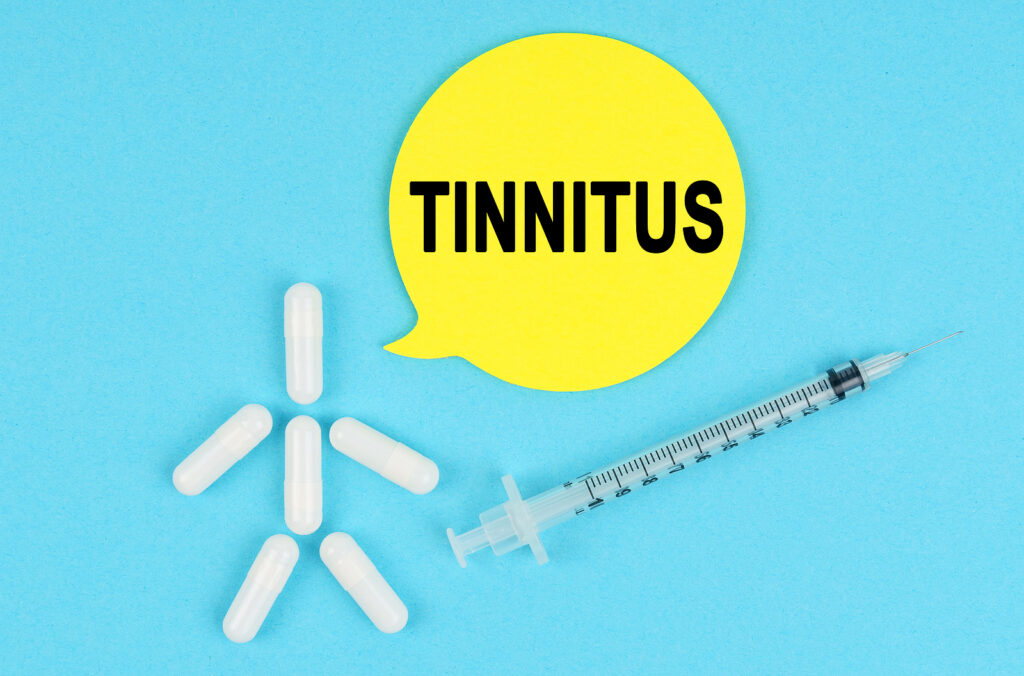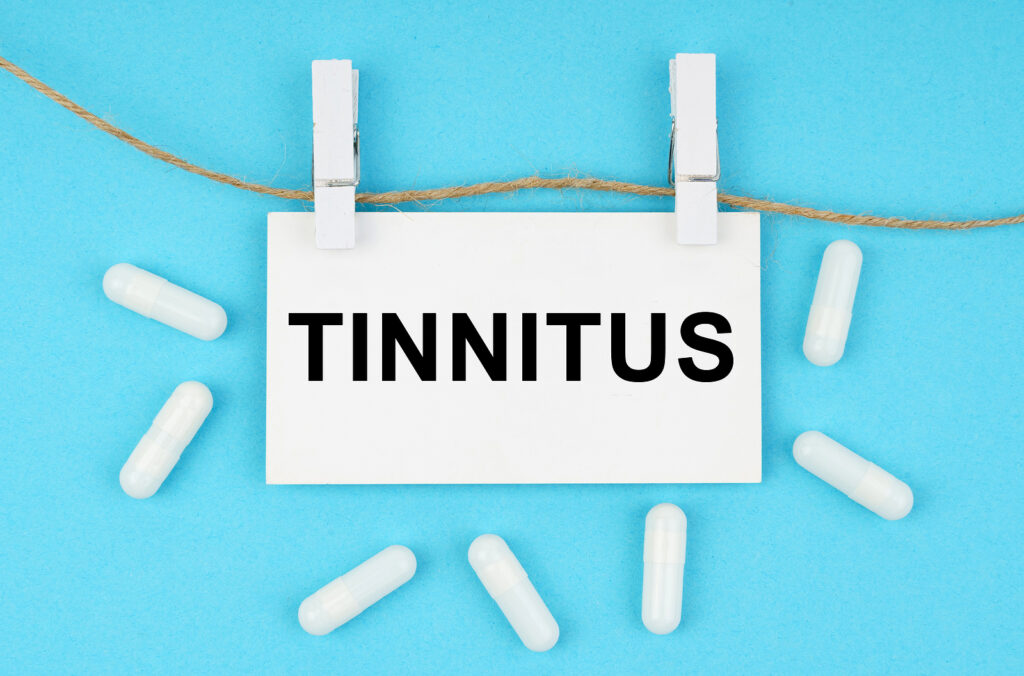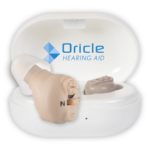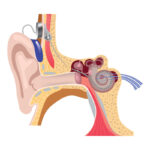Melatonin For Tinnitus – A Comprehensive Guide to Better Sleep
Tinnitus, a condition that causes a persistent ringing or buzzing sound in the ears, affects millions of people worldwide. The sound can be distracting, especially at night when you're trying to sleep. The good news is that melatonin, a natural hormone that regulates sleep, can help improve your sleep quality and reduce the severity of tinnitus. In this article, we'll explore how to take melatonin for tinnitus, the benefits of good sleep hygiene, and strategies for getting to a point where the sound no longer bothers you.
How Melatonin Can Help You Sleep with Tinnitus

Melatonin is a hormone that your body produces naturally in response to darkness. It regulates your body's circadian rhythm, which governs your sleep-wake cycle. By taking melatonin supplements at the right time of day, you can help improve your sleep quality and reduce the severity of tinnitus.
Several studies have shown that melatonin can help patients with tinnitus. For instance, a study published in the Journal of Otolaryngology-Head & Neck Surgery found that patients who took melatonin had a significant reduction in the severity of their tinnitus symptoms compared to those who didn't take the supplement.
Another study published in the International Tinnitus Journal found that melatonin significantly improved sleep quality in patients with tinnitus. The participants reported less sleep disturbance, better sleep efficiency, and longer total sleep time after taking melatonin.
When to Take Melatonin for Tinnitus
The timing of melatonin supplementation is crucial for its effectiveness. To get the best results, you should take melatonin about four to five hours before your desired bedtime. For example, if you want to sleep at 10 pm, take melatonin between 5 pm and 6 pm.
It's also essential to take the right dose of melatonin. The optimal dose varies depending on the individual, but most people benefit from a dose between 0.1 and 0.5 mg. Taking too much melatonin can cause adverse effects, including increased prolactin levels, daytime sleepiness, and mood problems. Always consult your doctor before taking melatonin supplements.
The Benefits of Good Sleep Hygiene

Good sleep hygiene refers to a set of habits and behaviors that promote better sleep. Practicing good sleep hygiene is essential for managing tinnitus because it helps regulate your circadian rhythm and promotes relaxation.
Here are some tips for improving your sleep hygiene:
- Stick to a regular sleep schedule: Go to bed and wake up at the same time every day, even on weekends.
- Create a relaxing sleep environment: Make sure your bedroom is dark, quiet, and cool. Use earplugs or a white noise machine to block out external noise.
- Limit your caffeine and alcohol intake: Avoid consuming caffeine and alcohol in the evening, as they can interfere with your sleep.
- Exercise regularly: Physical activity during the day can help you fall asleep faster and improve sleep quality.
- Avoid large meals before bedtime: Eating a heavy meal before bed can cause digestive discomfort and disrupt your sleep.
By adopting these habits, you can improve your overall sleep quality and reduce the severity of tinnitus.
Getting to a Point Where the Sound No Longer Bothers You
In addition to taking melatonin and practicing good sleep hygiene, there are several strategies you can use to reduce the severity of tinnitus and get to a point where the sound no longer bothers you.
- Set your alarm at the same time every day: Waking up at a consistent time every day can help regulate your circadian rhythm and improve your sleep quality.
- Journaling: Writing down your thoughts and feelings about tinnitus can help you release your anxiety and stress, leading to better sleep.
- Gradually decrease the amount of masking noise: If you use a white noise machine or other masking noise to block out the sound of tinnitus, gradually decrease the volume over time. This can help your brain develop a tolerance for sound and reduce its severity.
- Practice relaxation techniques: Techniques like deep breathing, meditation, and progressive muscle relaxation can help you relax your body and mind, reducing the severity of tinnitus.
- Seek professional help: If your tinnitus is severe and affecting your quality of life, consider seeking professional help. A hearing specialist or a therapist trained in tinnitus management can provide guidance and support.
Conclusion
Tinnitus can be a frustrating and challenging condition to manage, especially when it interferes with your sleep. However, with the right approach, you can reduce the severity of tinnitus and improve your sleep quality. Melatonin supplements, good sleep hygiene, and relaxation techniques can all help you manage tinnitus and get to a point where the sound no longer bothers you.
Remember, tinnitus is a common condition, and you're not alone in dealing with it. Don't hesitate to seek professional help if you need it. With time and patience, you can develop strategies that work for you and improve your quality of life.
Sources
- Melatonin: What You Need To Know – National Center for Complementary and Integrative Health (NCCIH) – https://www.nccih.nih.gov/health/melatonin-what-you-need-to-know
- Melatonin and sleep – Sleep Foundation – https://www.sleepfoundation.org/melatonin
- Tinnitus – Symptoms and Causes – Mayo Clinic – https://www.mayoclinic.org/diseases-conditions/tinnitus/symptoms-causes/syc-20350156
- Efficacy of melatonin for the treatment of tinnitus: a systematic review and meta-analysis of randomized controlled trials. https://www.ncbi.nlm.nih.gov/pmc/articles/PMC7515369/







